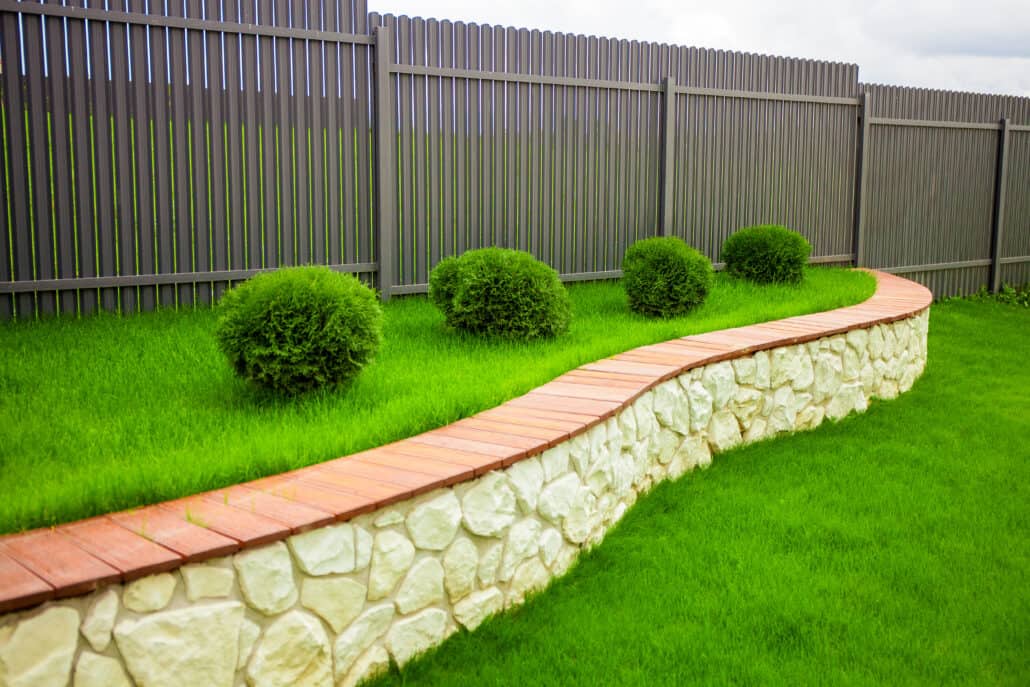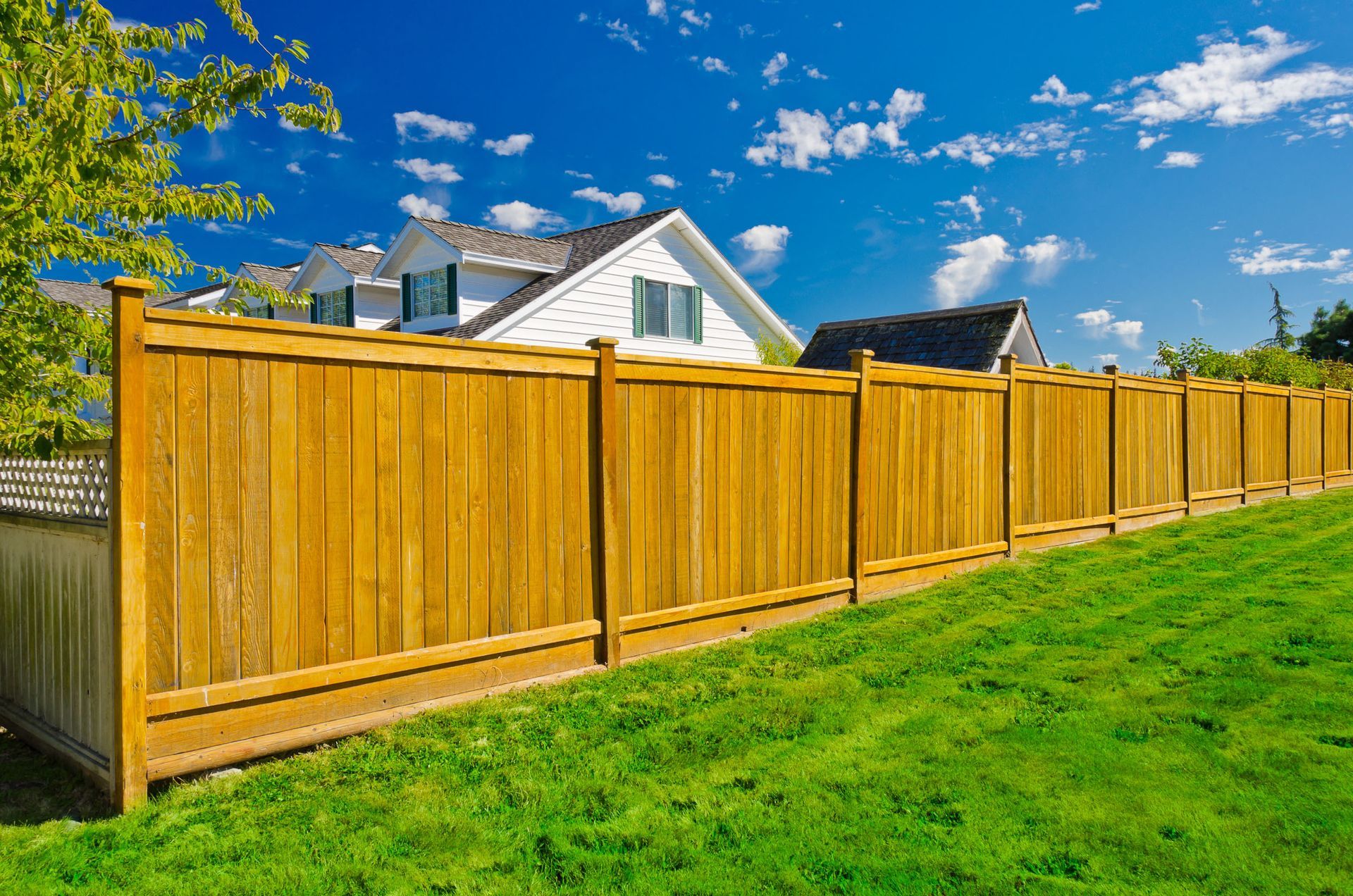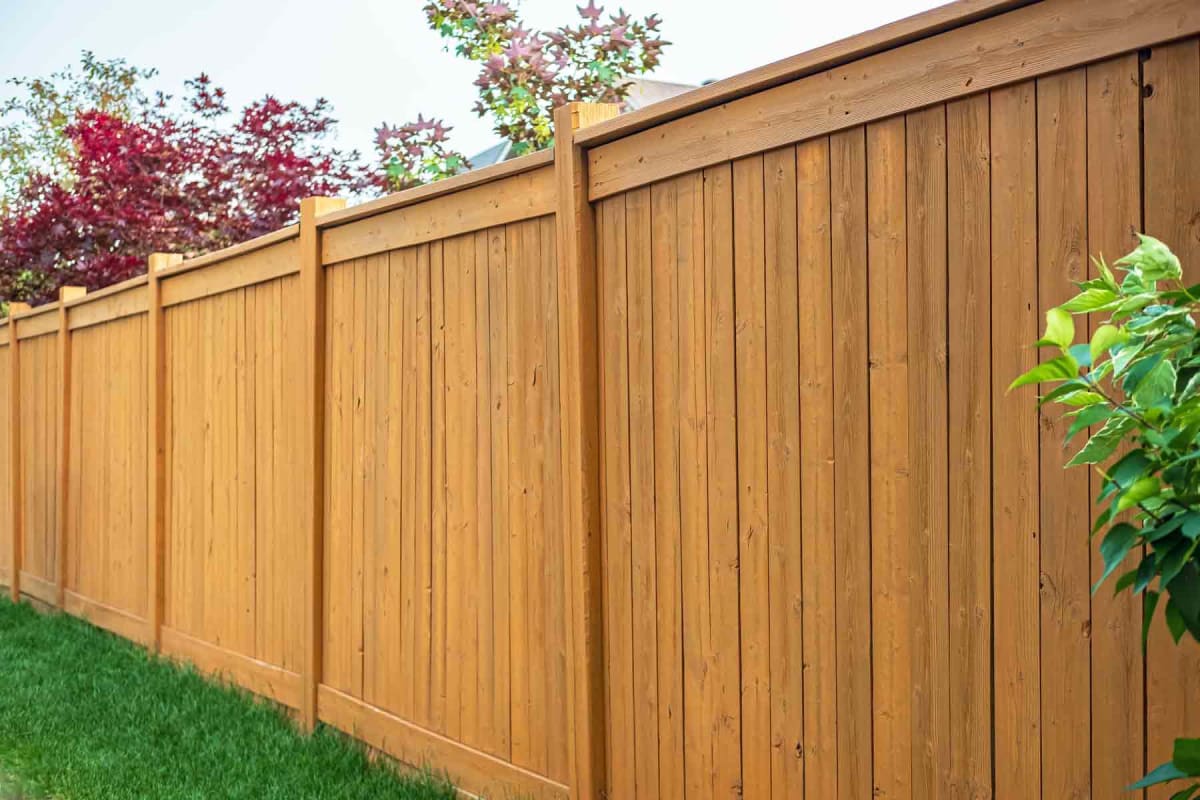All Categories
Featured

Picking the ideal fencing material is important for attaining the equilibrium of longevity, looks, and capability that matches your residential property. Timber, plastic, and light weight aluminum are popular choices, each with unique attributes that accommodate particular needs. Here's an extensive look at the advantages and drawbacks of these three materials.
Timber Secure Fencing. Pros:. Timeless Allure: Timber provides an all-natural, traditional appearance that matches different architectural styles. Customizable: It can be painted or discolored in a variety of styles and shades. Cost effective: Wood fences are frequently more affordable upfront than plastic or light weight aluminum. Eco-Friendly: As a renewable energy, wood is sustainable and biodegradable when sourced properly. Disadvantages:. Maintenance-Intensive: Calls for normal discoloration, painting, or sealing to secure against weather and bugs. Much Shorter Life Expectancy: Relying on the kind of wood and climate, it usually lasts 10-15 years. Susceptability to Damages: Prone to decomposing, bending, and termite damage without correct treatment. Timber is suitable for homeowners who value looks and are prepared to spend time and effort in maintenance to lengthen its life.
Vinyl Fence. Pros:. Resilient: Immune to bugs, rot, and weather, vinyl preserves its structure in rough problems. Reduced Maintenance: Requires little upkeep beyond occasional cleaning. Lengthy Life expectancy: Plastic can last 20-30 years without considerable wear or damages. Flexible Designs: Available in different shades, structures, and designs, consisting of alternatives that simulate wood. Cons:. Expensive Installment: Vinyl fencings are a lot more costly to install compared to wood. Weak in Winter: Vinyl can fracture in severe cool environments. Challenging to Repair service: If harmed, whole sections may need substitute, which can be challenging to match. Plastic fencing is a fantastic selection for those prioritizing long life and very little upkeep, even if it features a greater ahead of time expense.

Aluminum Fencing. Pros:. Rust-Resistant: Light weight aluminum does not corrosion, making it excellent for moist or moist locations. Light-weight yet Solid: Offers stamina without being excessively heavy, which streamlines setup. Low Maintenance: Requires little more than cleansing and periodic repainting. Durability: Aluminum fencings can last for years without substantial degeneration. Stylish Layouts: Usually made use of for attractive objectives, aluminum adds class to any residential property. Cons:. High Initial Cost: Light weight aluminum fencings are among the extra pricey options. Minimal Privacy: Often made with open areas, they do not obstruct sights or sound. At risk to Dents: While sturdy, aluminum can be dented or curved with heavy influence. Aluminum is ideal fit for those that want a resilient, elegant fencing and don't call for full personal privacy.
Making the Right Choice. Each material has its weaknesses and toughness:

Wood is best for standard aesthetic appeals and eco-conscious buyers that don't mind upkeep. Vinyl works for property owners seeking a weather-resistant, low-maintenance service. Light weight aluminum is a long lasting, ornamental choice for those who desire sophistication and long life. Consider your concerns-- whether it's expense, privacy, look, or upkeep-- and speak with a secure fencing expert to choose the material that finest fulfills your requirements. A well-selected fence will improve your building for years to come.
Latest Posts
Find Out Why Chicago Drivers Select Montclare Auto Repair for Reliable Service and Significant Savings
Published May 26, 25
1 min read
Uncover Premier Auto Repair Care offered by Montclare Auto Repair – Keep Your Car Running Smoothly
Published May 24, 25
1 min read
Discover Reduce Expenses on Car Maintenance with Montclare Auto Repair’s Limited-Time Deals
Published May 23, 25
1 min read
More
Latest Posts
Find Out Why Chicago Drivers Select Montclare Auto Repair for Reliable Service and Significant Savings
Published May 26, 25
1 min read
Uncover Premier Auto Repair Care offered by Montclare Auto Repair – Keep Your Car Running Smoothly
Published May 24, 25
1 min read
Discover Reduce Expenses on Car Maintenance with Montclare Auto Repair’s Limited-Time Deals
Published May 23, 25
1 min read